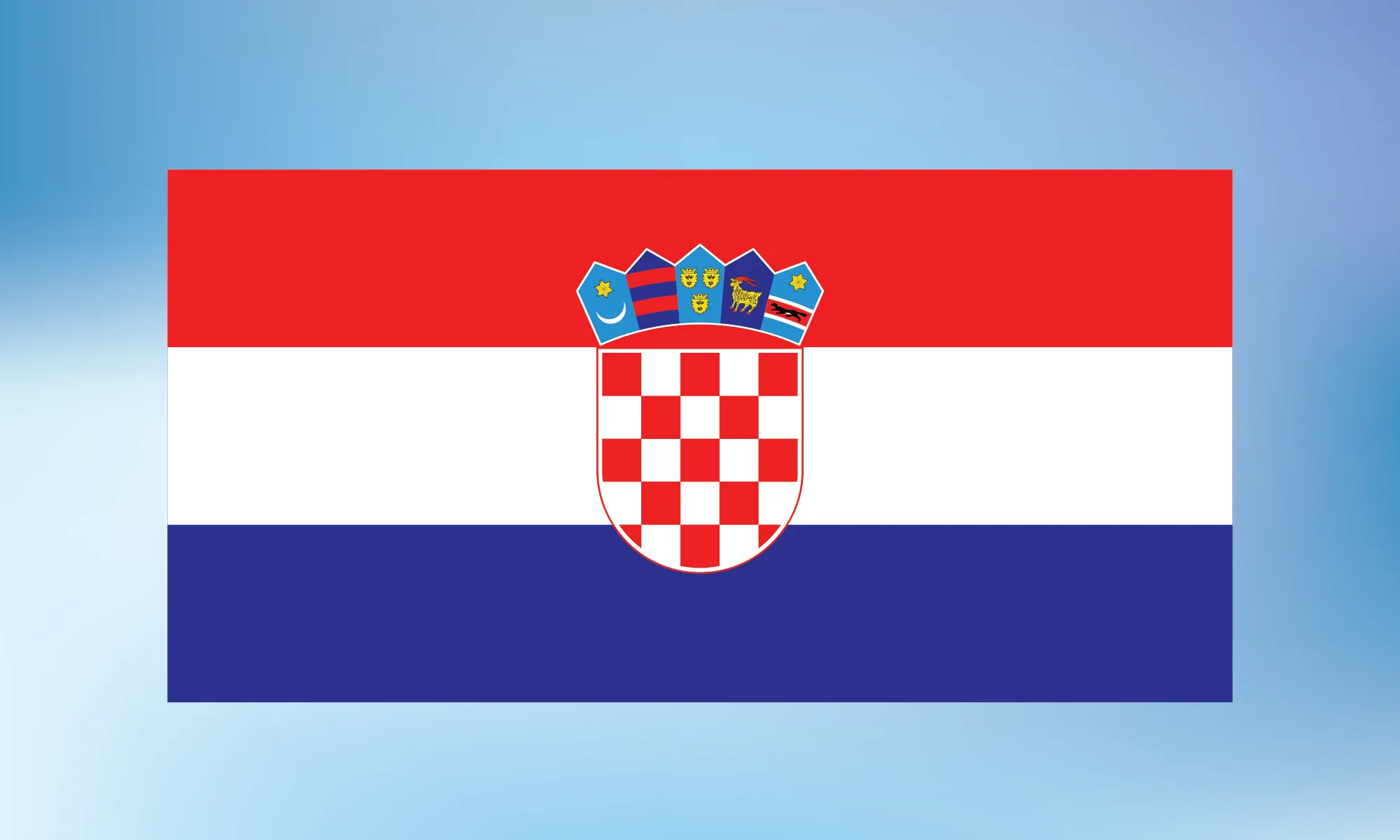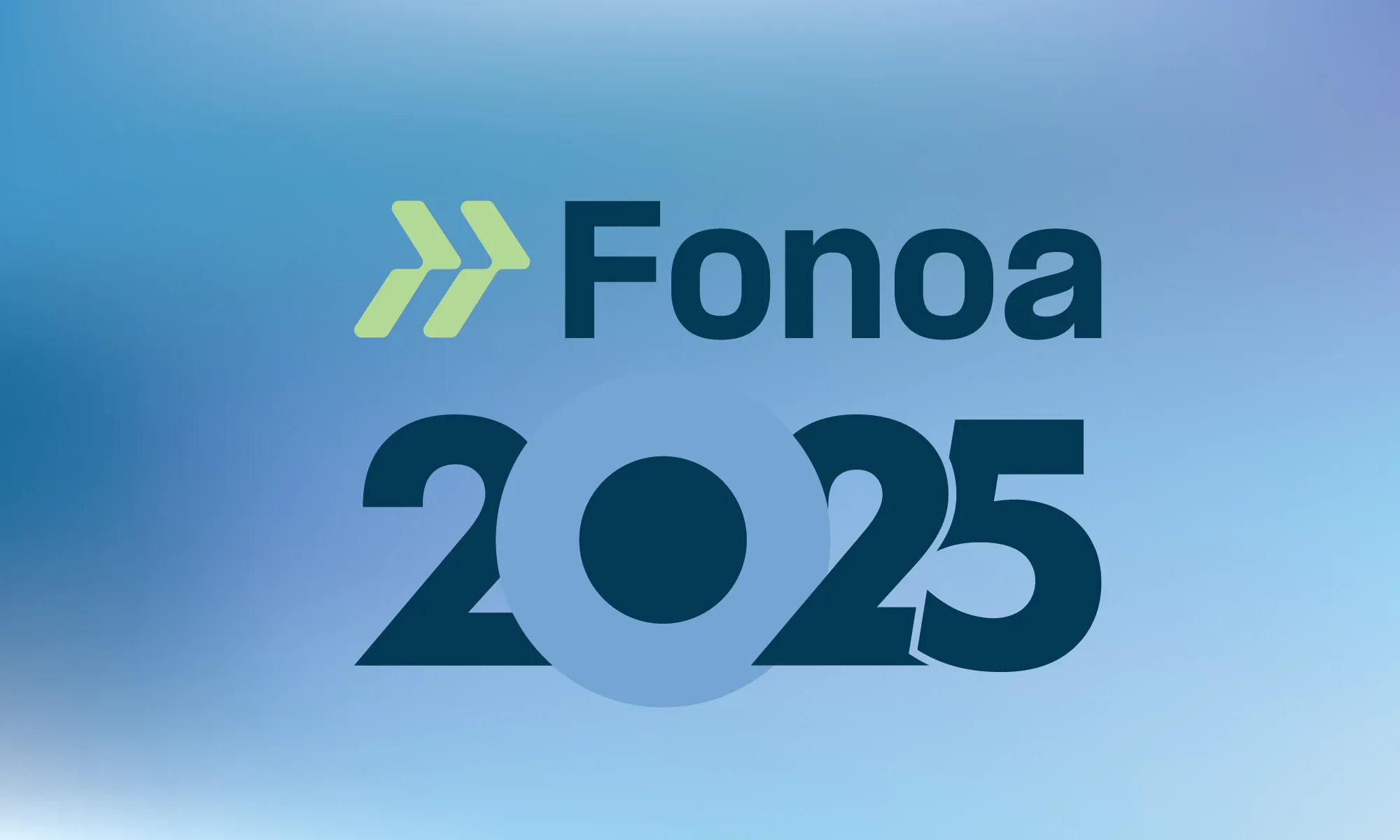France’s rollout of mandatory e-invoicing between businesses, a key part of the government’s digitalization and tax compliance efforts, may be delayed again. In a press release on October 15, 2024, the French government inferred that the project is behind schedule and undergoing a strategic reorientation to focus on developing two critical components: a recipient directory (annuaire des destinataires) and a data concentrator (concentrateur des données).
The recipient directory is essential for ensuring smooth exchanges of e-invoices between platforms, while the data concentrator will consolidate and transmit e-invoice data to the tax authorities. These elements are necessary to meet the deadlines set in the 2024 Finance Law, with large enterprises required to comply by September 2026, followed by small and micro-businesses in 2027. However, the need for this reorientation indicates that the project has encountered challenges.
What Does This Mean for the Rollout?
The shift in focus raises concerns about whether the necessary infrastructure will be ready in time. The need to focus on these foundational elements suggests that the project has not progressed as expected, which could cause further delays. Businesses must now question whether the planned timeline can still be met.
The press release highlights the critical role of PDPs, expressing confidence in their ability to provide high-quality, secure services that meet the diverse needs of businesses. PDPs are responsible for managing the issuance, receipt, and transmission of e-invoices, ensuring compliance with the new regulations. However, this raises the question: does this imply that the public invoicing portal (PPF) will no longer be required to fulfill the obligations specified under Article 242-G? Even though there is no explicit mention, some industry experts believe that this announcement hints in that direction, suggesting a possible shift in responsibilities toward PDPs.
















